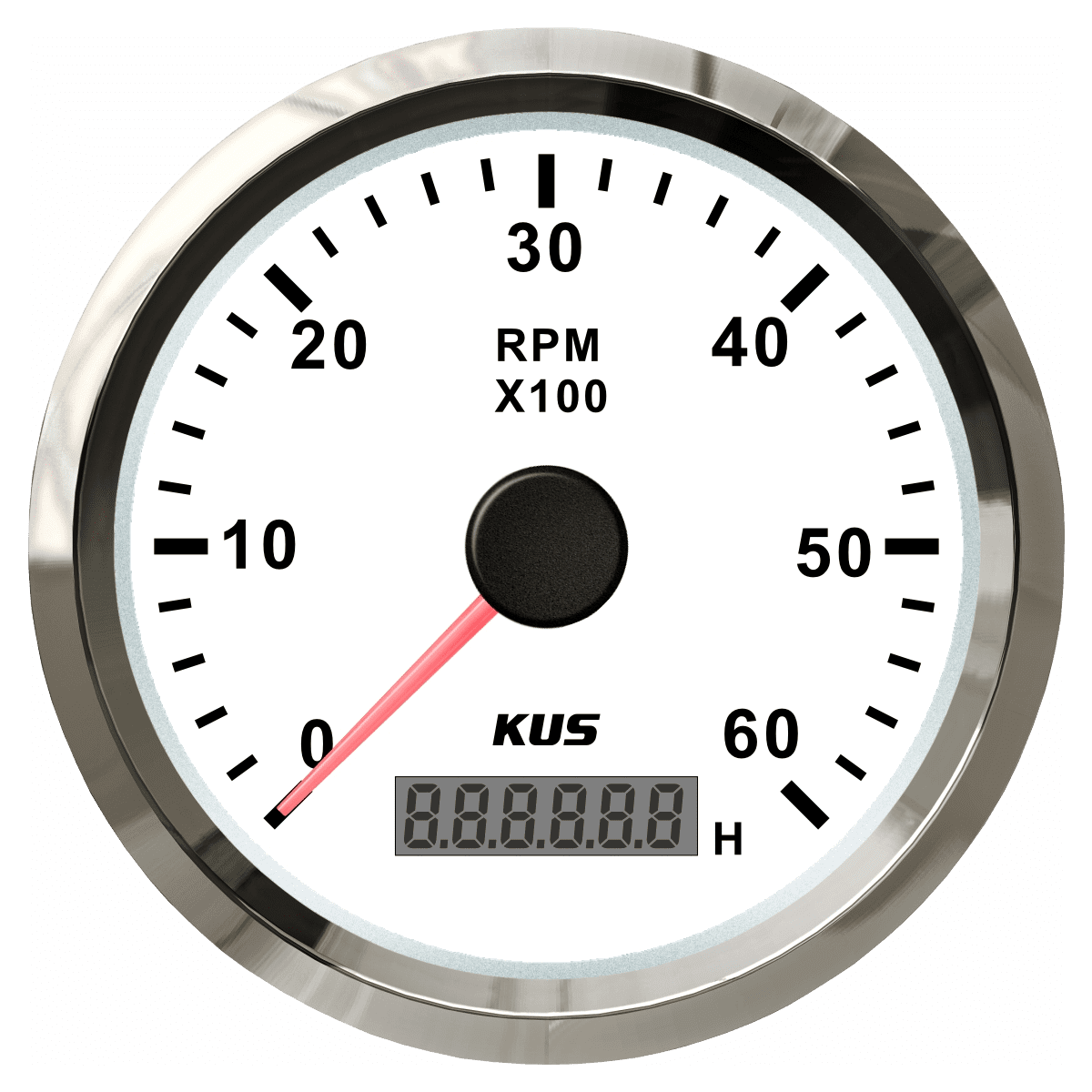Trick Reasons Having a Tachometer Is Essential for Keeping Engine Health And Wellness and Effectiveness
This humble yet critical tool plays an essential role in the maintenance of an engine's health and performance. By giving real-time information on engine rate and RPM levels, a tachometer supplies invaluable understandings that directly influence the efficiency and longevity of the engine. Let's explore the crucial reasons behind its critical function in preserving engine health and effectiveness.
Preventing Engine Over-Revving

To guard the engine from potential damages, it is important to apply measures that stop over-revving, a practice that can cause expensive repairs and lowered engine life expectancy. Over-revving happens when the engine's rotational speed surpasses the maximum restriction established by the manufacturer, triggering excessive tension on interior elements such as pistons, shutoffs, and linking rods. This excessive strain can result in mechanical failings, consisting of bent valves, harmed pistons, and even devastating engine failure.
One reliable step to stop over-revving is the installment of a rev limiter. A rev limiter is a tool that regulates the maximum RPM (revolutions per min) of the engine by either cutting off gas flow or trigger to the engine when the pre-set limitation is gotten to. Additionally, enlightening chauffeurs and drivers on the importance of monitoring engine RPM with the tachometer can aid stop unintended over-revving. Normal maintenance checks to make sure the engine remains in optimum condition can also help in protecting against over-revving events and extending the engine's life-span. By embracing these safety nets, the risk of engine damages as a result of over-revving can be dramatically decreased.
Optimizing Fuel Intake
Reliable fuel consumption plays an important duty in maximizing the efficiency and sustainability of an engine. tachometer. Enhancing fuel consumption not only helps in minimizing functional prices but additionally decreases the ecological effect of car discharges. By utilizing a tachometer to keep track of engine rate and readjust driving routines as necessary, motorists can achieve better fuel performance
Maintaining a steady pace and preventing abrupt velocities and slowdowns can significantly enhance gas economic situation. In addition, appropriate gear selection based upon the tachometer readings ensures that the engine runs within its optimum range, bring about much more reliable fuel combustion.
Consistently monitoring the tachometer can also assist identify any type of inadequacies or mechanical issues that may be influencing gas consumption. For circumstances, an abrupt increase see here now in gas use without an equivalent adjustment in driving habits can show a problem that requires focus.
Tracking Engine Wellness
Keeping track of engine health and wellness is necessary for ensuring optimum efficiency and long life of the car. By making use of a tachometer to monitor engine speed, drivers can spot irregularities that may suggest possible problems with the engine. A tachometer gives real-time information on engine transformations per min (RPM), enabling chauffeurs to identify any uncommon spikes or declines in RPM that could indicate troubles such as misfires, worn-out parts, or engine getting too hot.

On a regular basis monitoring engine wellness through the use of a tachometer allows motorists to address concerns immediately before they intensify and create substantial damage. For instance, discovering a decrease in RPM might indicate gas distribution troubles or a clogged air filter, while an abrupt increase in RPM might indicate concerns with visit this site right here the transmission or exhaust system. By remaining watchful and responsive to adjustments in engine performance, chauffeurs can avoid pricey repair work and guarantee the general wellness and effectiveness of their automobile.
Expanding Engine Life Expectancy
Ensuring the longevity of an engine needs diligent maintenance techniques and conscientious tracking of key efficiency signs. Extending an engine's life expectancy is important for minimizing general automobile maintenance expenses and preventing unexpected break downs. A tachometer plays a substantial duty in this element by providing real-time information on engine speed, allowing chauffeurs and technicians to make informed choices to avoid extreme wear and tear.

Furthermore, normal upkeep based upon tachometer analyses, such as timely oil adjustments and ignition system substitutes, can considerably contribute to extending the engine's long life. On the whole, including a tachometer right into regular engine monitoring practices is vital for maintaining the engine's health and performance over the lengthy term.
Conserving Cash on Repair Works
A tachometer aids in monitoring the view it now engine's RPM (revolutions per min), allowing motorists to operate within the recommended array. By staying within these optimal RPM degrees, too much pressure on the engine can be avoided, reducing the chance of costly repair work due to exhausting the engine.
In addition, by utilizing the information from a tachometer to practice smooth velocity and deceleration, chauffeurs can lengthen the lifespan of their automobile's components, ultimately saving money on upkeep and substitutes. On the whole, the insights provided by a tachometer empower chauffeurs to make educated decisions that can avoid unnecessary deterioration on the engine, resulting in considerable expense financial savings in the lengthy run.
Final Thought
In verdict, a tachometer plays an important role in preserving engine health and effectiveness by stopping over-revving, enhancing gas consumption, keeping an eye on engine health, prolonging engine life-span, and conserving cash on fixings. It is an important device for ensuring that the engine operates within safe limits and carries out at its best, inevitably adding to the long life and total performance of the lorry.